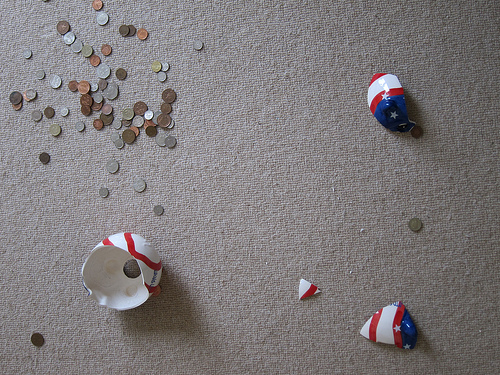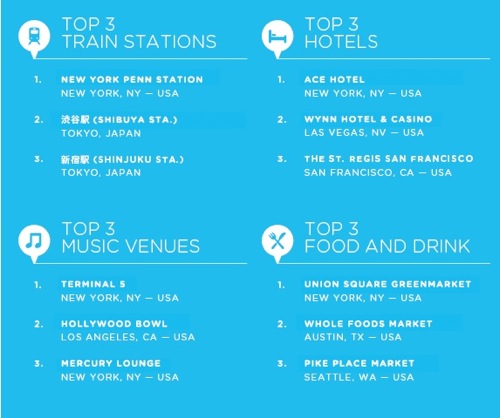“All Danny Clark wanted was to leave an eco-friendly footprint for his children.
That and to ride the new wave of ‘green business’ startups by coming up with a way to make money and help the environment at the same time.
His idea was simple: If he could make plastic water bottles biodegradable, it would reduce the impact on landfills, curb roadside litter and reduce the amount of plastic garbage that eventually washes into the oceans.
Everybody wins. Well, not everybody.
The Mesa man’s small-business venture has run into opposition from a large and unexpected source: the $400 billion recycling industry, which fears that by making plastic bottles biodegradable, it will reduce the stream of plastic refuse used to make everything from carpet to clothing to new bottles. In addition, changing the makeup of plastic bottles could make it more difficult to recycle them, the industry fears.”
What do you think?
Chicken or egg? Should your old plastic junk be used to make new plastic junk, or should it biodegrade into the earth once its life is over? Which idea has a better business model?




